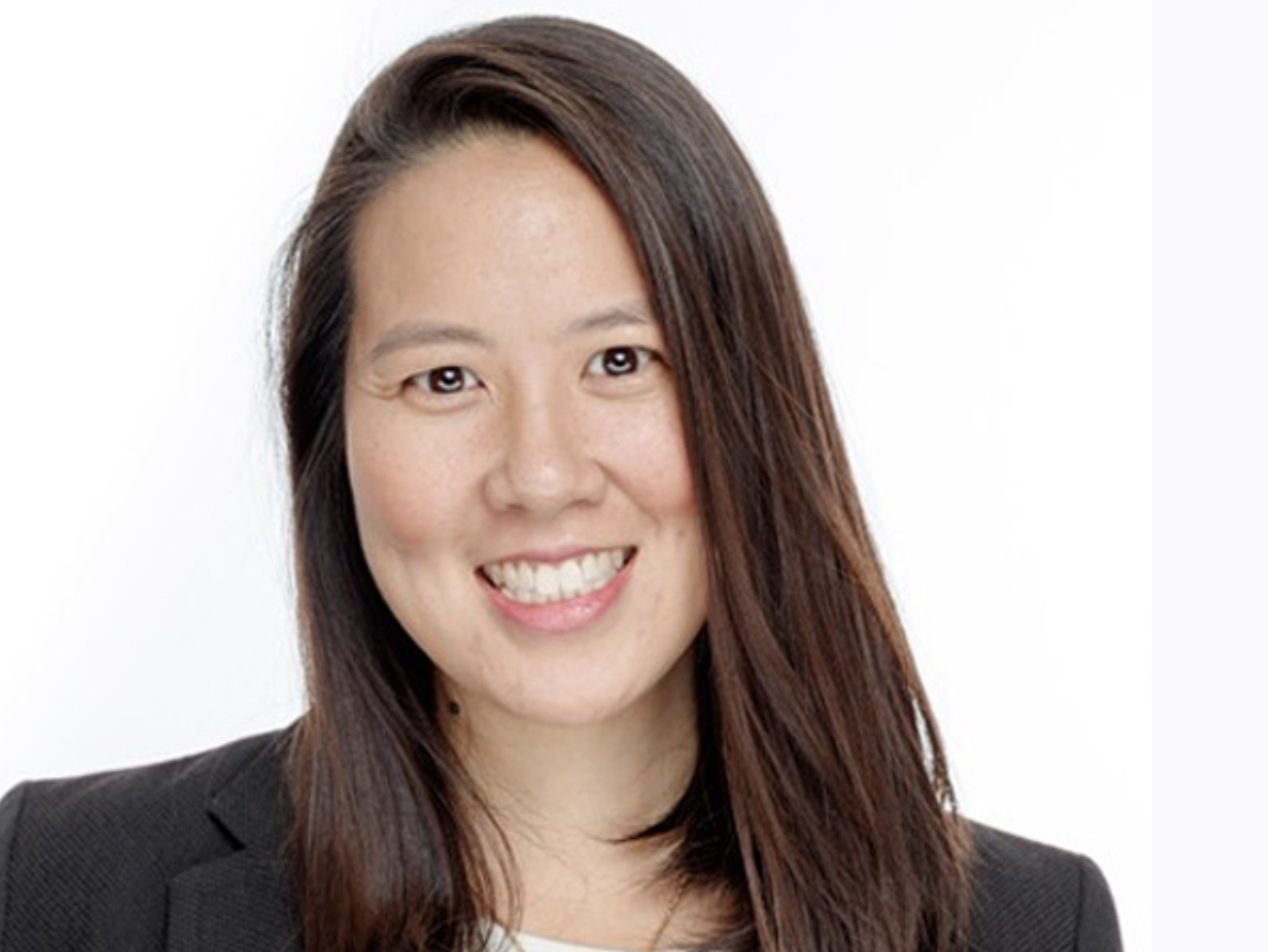
- Interviews
Film Independent’s Angela Lee Talks Art Non-Profits
Angela Lee is the Director of Artist Development at Film Independent, a non-profit that aims to foster inclusion and innovation in the world of visual storytelling. Lee not only is a successful producer in her own right, but she also leads some of the most forward and relevant fiction and non-fiction storytelling labs and programs in the USA. With a wide and eclectic experience in the entertainment industry, Angela spoke to us over Zoom, to reflect on the current status of independent filmmaking, its main challenges and victories.
How did you get your start in the industry?
I never went to film school. I got a degree in economics and went to work in Wall Street. There was a ladder there I could have climbed, but it wasn’t fulfilling for me. I had always been enamored by film and TV. They were my babysitter growing up. As an Asian American, I wondered how I would be different if I had seen myself represented on screen. I didn’t really exist in the magic box. Could I do anything about it? That’s what made me start the journey. I started in an Asian-American theater company, because I was also interested in non-profit work.
I wanted to give back to society. That was ingrained in me. Ultimately it wasn’t the right medium. It was too small. I wanted to reach a larger audience.
Eventually, I found my way working with an independent producer, Andrew Fierberg who ended up becoming an excellent mentor. When he opened his production company with two other producers, I became a development executive. I wanted to be a gate keeper and greenlight things.
At what point did you meet Chloé Zhao?
While working as an executive, I hired an intern called Chloé Zhao. She showed me her work and I was really inspired by it. I decided to leave the production company and moved to LA to produce Chloé’s first film (Songs My Brothers Taught Me). It ended up being a long journey, but a very gratifying one.
Interestingly, it was Film Independent, through the labs and subsequent encouragement, that guided us through that new adventure. There was also the support of Sundance and Gotham. We relied on these art non-profits, at the very beginning. Now, Chloe is an Oscar winner (Nomadland) and directed a Marvel movie.
How crucial do you believe art non-profits are for the success of the visual storytelling ecosystem?
They are extremely important and not as widely recognized as they should. They do all the preliminary work. Hollywood likes big personalities. A name. However, those would be difficult to come across without the background work of the art non-profits. The industry lacks support for first-time filmmakers. The rise of streamers and the change of how we absorb our content makes it challenging for rising artists. Hollywood only takes an interest when they have already proved their worth. Without art non-profits, it would be hard for these artists to get off the ground. It’s the kind of work we do in these institutions that guarantees diversity and innovation in the system. There would be no Chloé Zhao, Barry Jenkins or Hikari without these non-profits.
How is your work at Film Independent contributing for the advancement of filmmaking?
My work is to make storytelling more inclusive in front of and behind the camera. It’s an extension of my job as a producer. As a working filmmaker, I am able to create programming that can better support artists. I see the challenges in the field. Our artist development programs provide labs for selected writers, directors, producers and documentary filmmakers and offer year-round networking opportunities. Film Independent’s mission is to champion visual storytellers who embody unique disadvantage, innovation diversity and curiosity.
We are also launching IMAGINAR, together with Fox Searchlight and Disney. Both studios are giving a grant to a few Latinx producers to build their artistry in a holistic way. The program will not only help put their projects in motion but will also build a bridge towards them finding success producing for the studios. After all, if studio producers are not diverse, representation issues will remain. They are the ones driving the content. It’s a great opportunity.
Hopefully, we find more partners to come on board. Other studios, agencies and production companies should be more involved. If that happens, we could broaden our reach. At Film Independent we already do a lot with what we have. If we had even more funding, we could nurture and develop much more talent and new artistic voices that would enrich storytelling and consequently, Hollywood.